No. 53 (497) сентябрь 2024 г.
INTERNATIONAL ROUND TABLE "CENTRAL ASIA AND AFGHANISTAN. VISION OF A SHARED FUTURE"
On 11-12 September, the Institute for Strategic and Regional Studies under the President of the Republic of Uzbekistan, with the support of the Konrad Adenauer Foundation organized a visit for Central Asian experts to Termez, one of the oldest cities in Uzbekistan, which shares a border with Afghanistan. Director of SIC ICWC Dinara Ziganshina participated in this event.
The experts were acquainted with the activities of the “Termez Cargo Center”, which was established as an International Multifunctional Transport and Logistics Hub to ensure centralized and targeted delivery of the UN and other international organizations and foreign states providing humanitarian assistance to Afghanistan and other states on a systematic basis.
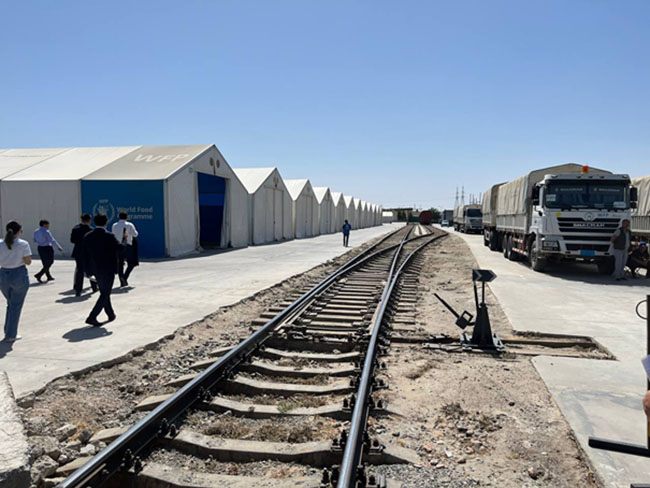
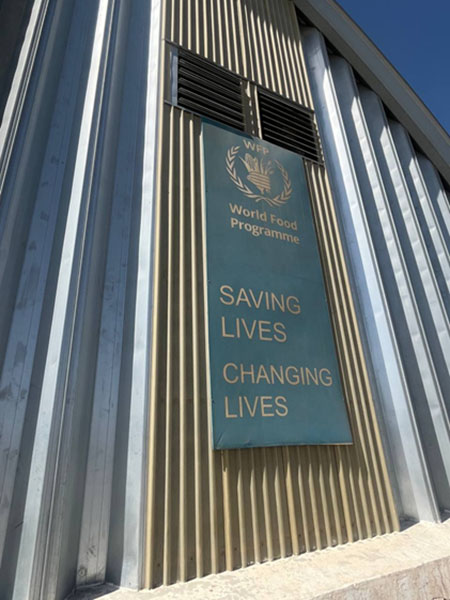
The participants visited the free economic zone “Termez”, which was officially opened on 29 August 2024 by the Prime Minister of Uzbekistan Abdullah Aripov and the Acting Deputy Prime Minister of Afghanistan Abdul Ghani Barodar. The center includes trade points, hotels, a training center, medical center “Akfa Medline”, a jewelry factory and other facilities. The delegation also visited the checkpoint at the Termez-Hayraton bridge.
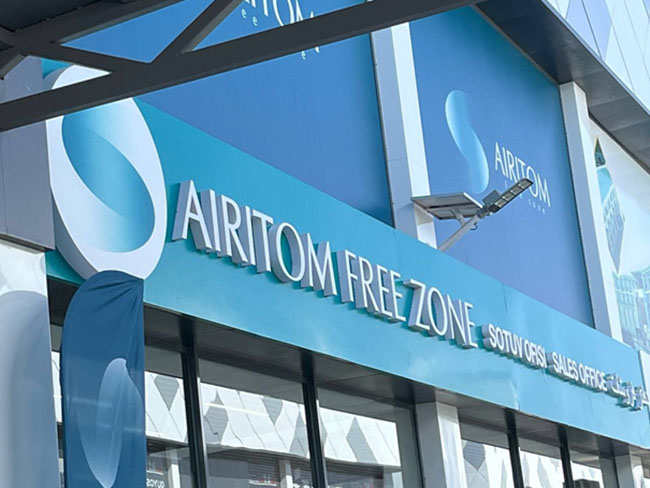
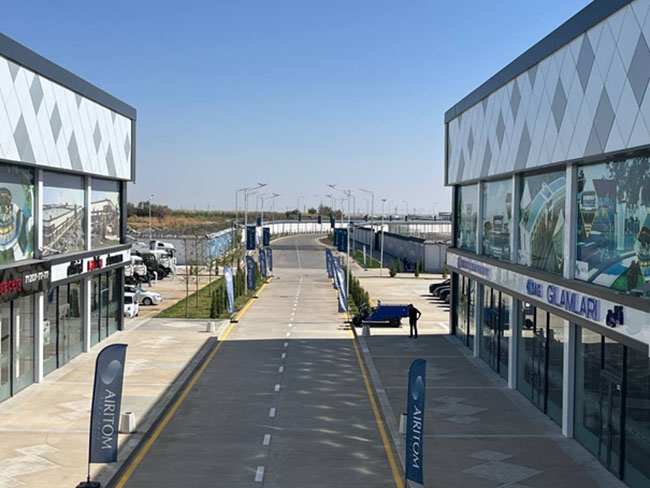
The experts were introduced to the activities of the Educational Centre for Afghans, talked to the teachers and students.
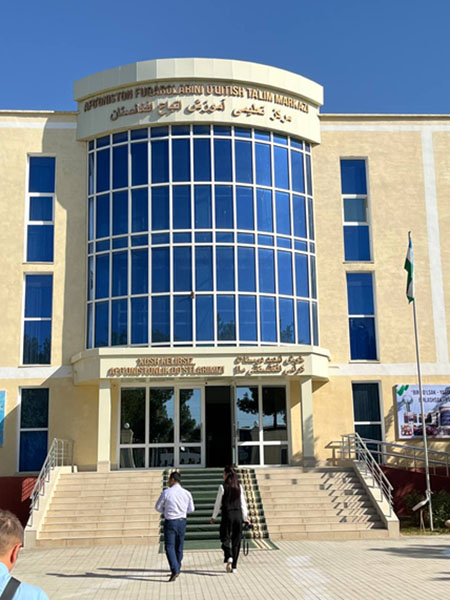
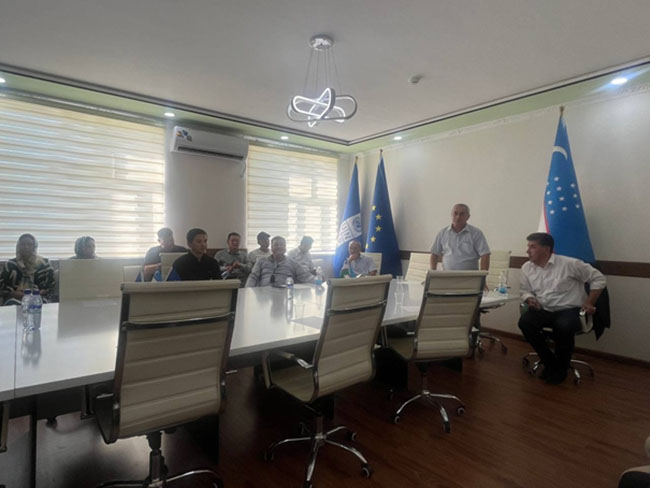
An important part of the trip was a visit to the Termez Archaeological Museum, which showcased the rich cultural and historical heritage of the region, uniting the peoples of Central Asia and Afghanistan.
On 12 September, the Round Table "Central Asia and Afghanistan. Vision of a Shared Future" was held and provided an in-depth exchange of views on further cooperation between the countries of Central Asia and Afghanistan.
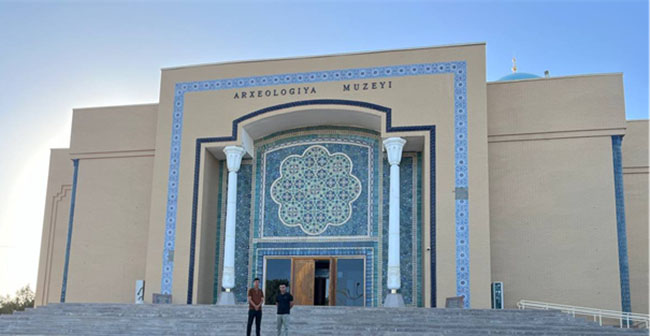
The experts were positive about progress in bilateral relations between Uzbekistan and Afghanistan. It was stressed that the key factor for a sustainable and peaceful future is the revival of the Afghan economy, so the development of various platforms for dialogue and interaction is crucial for building trust.
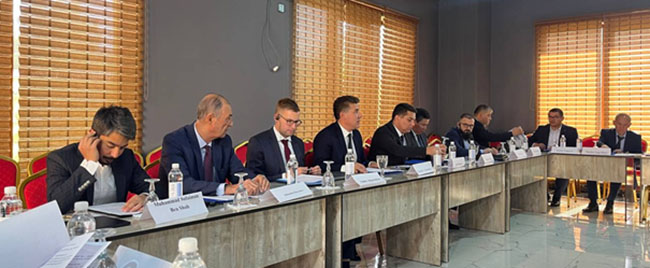
Special attention was given to the development of joint projects in the area of business, transport, logistics, technology and education. It was noted that all actions should focus on sustainable water use and adaptation to climate change.